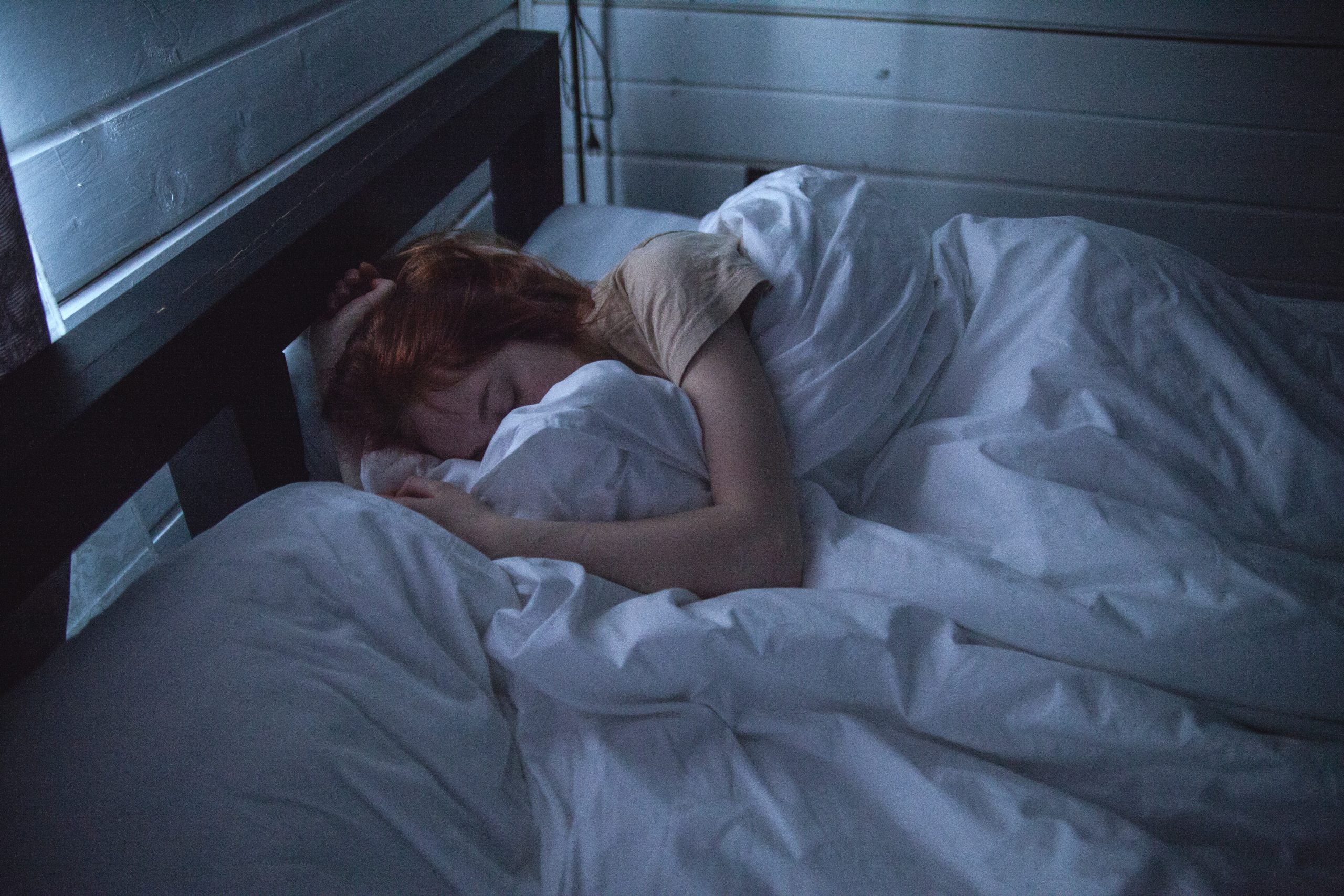A sad reality of today’s generation is that almost half of the population is struggling to get a proper night’s sleep! Most people just roll back and forth on the bed the whole night and don’t get enough sleep. As a result, depression, lack of motivation, sleep apnea, anxiety, poor health, poor concentration, and diminished memory power sabotage their overall life quality.
What Is Good Sleep?
Sound sleep is a kind of meditative sleep. An average person should sleep at least 8 hours a day to aid bodily function. People often think that it is good to sleep within 10-15 minutes. However, according to ThreeBestRated® sleep experts, it is completely normal to take 30-45 minutes to fall asleep. You will need treatment and consultation only when it takes more than an hour or two and that continues on a daily basis.
Nevertheless, If you lack sleep continuously, it would be better to consider these factors to promote sleep quality.
Stick To A Sleep Schedule
The first help you could do to yourself is to stick to a schedule. Waking up early on the weekdays, and late on the weekends cause variation in the sleeping cycle. This further messes up with the circadian rhythm (which is the body’s natural and internal clock that regulates the sleep-wake cycle in response to the light in the surrounding). So choose a sleeping time and go to your bed at that every night without fail.
Do Drills
Exercise helps to reduce cortisol levels (stress hormone) in the body, which promotes better, Plus, exercise enhances the production of endorphins (happy hormones) that alleviate pain or muscle ache. Therefore, start your day with 20-30 minutes of low to moderate workouts like yoga, walking, cycling, etc.
Avoid Caffeine And Alcohol Close To Bedtime
Caffeine, nicotine, and alcohol are notorious for your sleep and are proven to cause nightmares, sleep apnea, dry mouth, and more. Putting a full stop will help your body regain its health back. However, Say a strict NO to them close to your bedtime. Or try consuming chamomile, hibiscus, green tea, matcha, or black tea that is good for your health.
Be Mindful Of What You Eat At Night
The food you eat is more likely to influence your sleep. Slippery or spicy food will interact with the acids present inside the stomach which could cause acidity, chest burn, etc. Additionally, your digestive system finds it hard to process spices and heavy food at night.
This would delay sleep. Eat light or steamed food and more vegetables and fruits that are rich in fiber. On top of everything, you must maintain a two-hour gap between dinner and bedtime to aid your body’s digestion process.
Expose More To Sunlight
Exposure to sunlight keeps your body’s circadian rhythm balanced. During the daytime, it is your circadian rhythm that keeps you awake in response to the sunlight. In line with this, it automatically sends the signal to your brain to sleep as the dark approaches. Moreover, our skin contains photoreceptors that help to balance the serotonin and melatonin which are essential for this.
Turn Off The Blue Screens
Cut down your screen time at night. According to studies, the blue radiation coming from your screen can disturb the circadian rhythm and trick the brain as if it is daytime. As a result, your brain won’t receive the signal to stimulate melatonin. Turn off the digitals an hour prior to your sleep to improve the quality.
Listen To Calm Music
Research shows that listening to music before bed releases endorphins and dopamine. This boosts your mood and alleviates stress and anxiety. But make sure that you have adjusted the brightness of your screen and don’t scroll the social media.
Meditation
Meditation is the best solution for insomnia. Practicing meditation has been shown to have positive effects on its quality, and efficiency (the ratio of sleep time to time in bed). It helps you to unwind peace and tranquillity within you. It improves sleep, by decluttering your mind.
Aromatherapy
Aromatherapy is also an excellent method to condition your brain to sleep. The whiff of the aroma will encourage the nervous system to transmit signals to the limbic system (responsible for emotions and memory) in the brain.
Block The Light Sources
Cut down all the light sources in the room. Sleeping in a dark room reset the circadian cycle and boosts the production of sleeping hormones like melatonin. Consider investing in dark curtains to eliminate the lights.
Adjust Your Room’s Temperature
Naturally, a cooler climate promotes this. Don’t forget to turn down your thermostat at night. Put money into the best mattress, mattress protector, and temperature-controlling devices that are designed to keep your temperature comfortable.
Deep sleep is the key to a healthy body, muscles, organs, and cells. Not only is it essential for physical health, but also for mental health. So look up these tips to catch up on your ZZZs.
Tags: #sleepbetter#sleephealth#sleepwellImprove Sleep-quality

